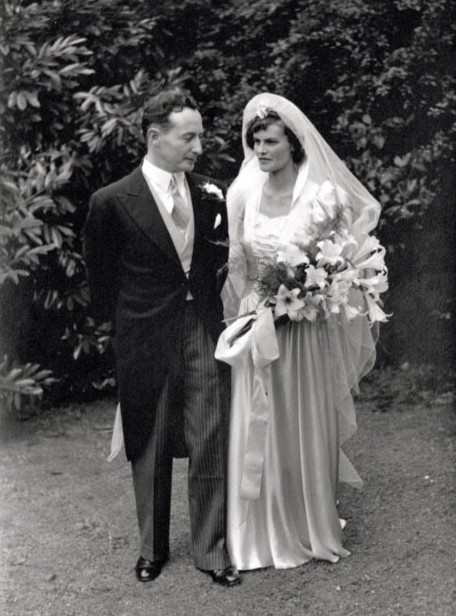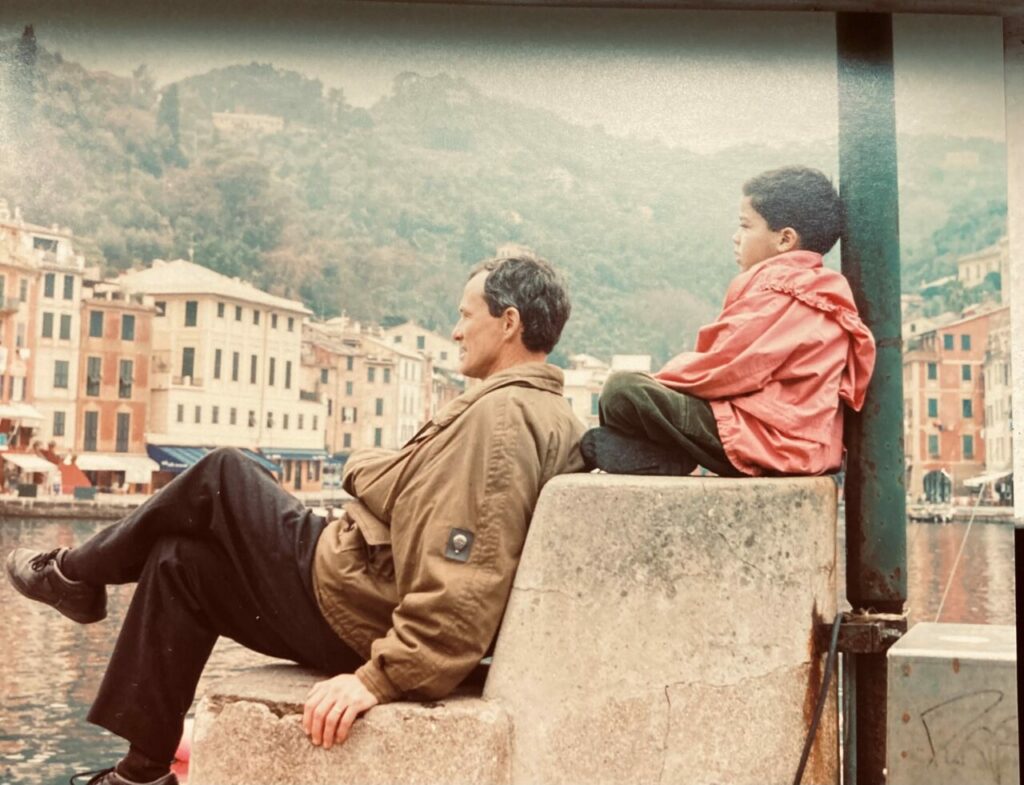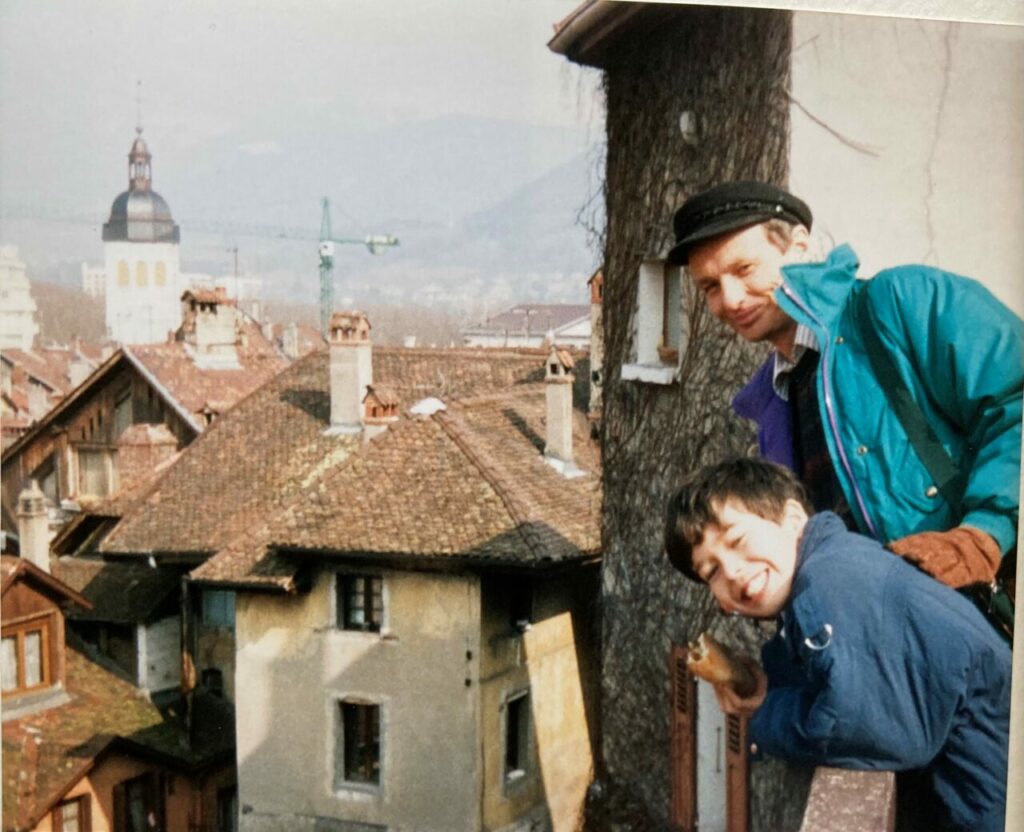
1935-2021
One reason I came to Montreal is that from the time I was a young boy in Ireland I heard stories from my parents, D.K. O’Donovan and Phyllis Gill, who met at McGill in the late 1930s. Montreal and McGill intrigued me. Many friends my parents made while in Montreal visited our family in Dublin. Among them I clearly remember Hans Selye, J.S.L. Browne and John Howlett.
Chapter 1: Phyllis and D.K.
When Denis Kenry O’Donovan (generally known as just D.K.), met Phyllis Gill in Montreal in 1937, it did not have the appearance of a possible marriage made in heaven. Quite the reverse, as their relationship initially had strong political and social undertones that could have ruled out any possibility of marriage.
He was an Irish Catholic whose father, a highly respected businessman, had been shot dead in 1921, in a dreadful case of mistaken identity and indiscipline between two arms of the defence forces during the Irish War of Independence. He had nothing to do with the IRA or the war but was summarily executed. Some years later DK had a brilliant academic career In University College Dublin (UCD), graduating as an MD. He then came to Montreal in 1935 with a Studentship in Endocrinology in the Department of Biochemistry, under the supervision of Dr James B. Collip, who at the time was conducting important research into insulin. D.K. graduated from McGill with a PhD (Biochemistry) magna cum laude in 1938.
Phyllis Gill arrived in Montreal in 1937, to complete a PhD on aspects of Glycogen Breakdown, having studied in Cambridge University in England. She was awarded her PhD at Cambridge in early 1940. Phyllis was from an English pacifist Quaker family with a long line of Quaker ancestors. She also had an upper-crust English accent in sharp contrast with D.K.’s soft Limerick brogue. She played the violin, enjoyed classical music and tennis, while he liked boxing, athletics and rugby, which he had played at school.
At McGill, they were working in adjacent labs, but in the prevailing political atmosphere, the Irish and British kept their distance. However, when Dr J.S.L. Browne, a Research Fellow at the time, was planning to drive to Boston for an endocrinology meeting in his Ford T, he invited D.K. and Phyllis to come along with him as they were all presenting papers at the conference. During the trip and a few days of comradeship and science… a romance blossomed. They married in 1939, for a marriage that lasted 65 years, with both living into their mid-nineties.
D.K.’s marriage to this quintessentially English woman was understandably not universally popular at the time with his Irish family, and she often felt like an outsider. However, with time all this changed. She had become a Catholic in 1939, out of conviction, although she didn’t engage fully in all the habits of Irish Catholicism. Their children reflected their parent’s interests, with two male doctors and three female professional musicians.
Chapter 2: Michael

As for myself, after obtaining my medical degree at UCD I decided to visit Montreal and see for myself this city that meant so much to my family. It did not take long to feel I had found the place where I wanted to further my career. Radiology under the leadership of Robert Fraser was a most desirable place for training in a specialty I was already attracted to. I was lucky to be selected and completed my residency at the Royal Victoria Hospital. Although I kept strong family ties and visited Ireland often, I decided to stay in Montreal and at McGill. For 30 years I was a staff Chest Radiologist at the Montreal General Hospital and an assistant professor at McGill, devoting much of my time to teaching residents and medical students.
Chapter 3: Martin

Now, my son Martin — who graduated from University College Cork — has just started his Family Medicine residency at McGill. So, looking forward to a continuing McGill-Irish tradition.
Return to Stories from our community
Return to 200 Years, 200 Stories
